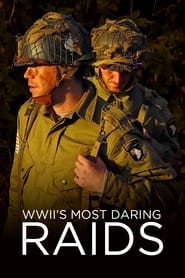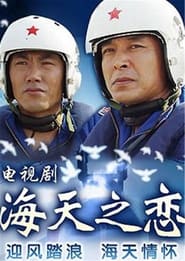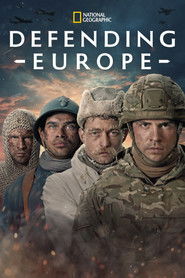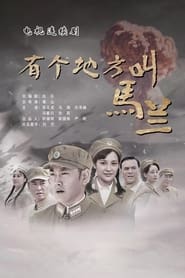War Politics TV Series - Page 104
-
党的女儿
2011
党的女儿
2011
-
Wait for the «John Grafton»
1981
star 8At the beginning of the summer of 1905, representatives of the Socialist-Revolutionary Party Krasilnikov and Elkonen turned to Captain Zhanis Trautman, a Latvian political emigrant living on the outskirts of London, with a proposal to lead a steamer with a cargo of weapons to the shores of Russia. Having recruited a team of old and tried comrades, Trautman changes the crew of an English cargo ship bought by the front men. In the course of the squabble that arose on this occasion, a sailor of the old crew, David Blake, was stabbed. The wounded Blake and the veterinarian Gruber, who accompanied the cargo of anthrax drugs, are forced to leave on board. On the high seas, weapons and explosives were loaded on board. The steamer headed for the Oresund Strait, where a messenger was to meet him. -
Krieg der Königinnen
2023
-
隋炀帝
2008
隋炀帝
2008
-
בופור
2009
בופור
2009
-
英雄联盟
2013
-
Apples and Snakes: Blackbox
2017
Blackbox captures performances from the best spoken word artists of today. Witness the strength of a single, passionate voice as poets speak openly and honestly on politics, gender, identity, race and the everyday. -
WWII's Most Daring Raids
2016
star 10They were U.S. paratroopers, Norwegian operatives, and British Commandos, Allied teams leading high-risk operations throughout Europe, Africa, and Asia to fight Hitler and turn the tide of the war. WWII's Most Daring Raids puts you in the heart of the action, giving you a minute-by-minute account of the most astonishing surprise attacks against the Third Reich. We forensically examine how exactly these assaults played out, through expert analysis and testimonies from the brave men who carried them out. -
海天之恋
2008
海天之恋
2008
-
Wali Songo
2003
-
AMIA
2025
AMIA
2025
star 5Diego, a Mossad agent whose sister was killed in the Argentina terrorist attack, takes a leave of absence and hooks up with Gisela, a local journalist to find those responsible. Their journey to uncover the truth draws them into a world of espionage, intelligence agencies and arms dealers. A dubious world in which lies are truths, and justice and revenge become indistinguishable. The journey that the two embark on will eventually lead to a re-examination of their connection with their families and even their concept of self-identity. -
Eva Braun or the Banality of Evil
2007
Daniel Costelle and Isabelle Clarke have found at the NARA (National Archives in Washington DC) almost four hours of footage, mostly in colour, filmed by Hitler's mistress, Eva Braun between 1938 and 1944. It's an unbeleivable eyesight on Hitler's private life from the happy life in the "Eagle's nest" till his suicide in his bunker. -
Images from Fascism: All the Duce's Men
1982
1982 documentary about the Italian Fascist regime by Nicola Caracciolo -
Defending Europe
2024
Defending Europe
2024
star 5.3Exploring defensive strategies, weapons and structures used across Europe over 2,000 years, shedding light on forgotten histories that shaped modern borders. -
Historia Roja
2017
Historia Roja
2017
-
There is a Place Called Malan
2019
The story of the older generation of revolutionaries who struggled hard in difficult conditions and harsh environments during the atomic bomb test in the early 1960s to realize China’s first dream of becoming a powerful country. -
The R Document
1985
The R Document
1985
star 8Reactionary and aggressive circles in the United States are trying to establish a dictatorship in the country, preparing to assassinate the president and introduce a state of emergency in the country. The conspiracy is led by the FBI director... -
Imus in the Morning
0000
Imus in the Morning
0000
Imus in the Morning is an American radio show hosted by Don Imus on Cumulus Media Networks, and simulcast for television on Fox Business Network. The show originated locally on WNBC radio in New York City in December 1971. In October 1988 the show moved to WFAN when that radio station took over WNBC's dial position following an ownership change. It was later syndicated to 60 other stations across the country by Westwood One, a division of CBS Radio, airing weekdays from 5:30 to 10 am Eastern time. Beginning September 3, 1996, the 6 to 9 am portion was simulcast on the cable television network MSNBC. The show had been broadcast almost every weekday morning for 25 years on radio and 11 years on MSNBC until it was canceled on April 12, 2007 due to controversial comments made on the April 4, 2007 broadcast. The remark resulted in the program's cancellation the following week. The Imus in the Morning program returned to the morning drive on New York radio station WABC on December 3, 2007. WABC is the flagship station
















